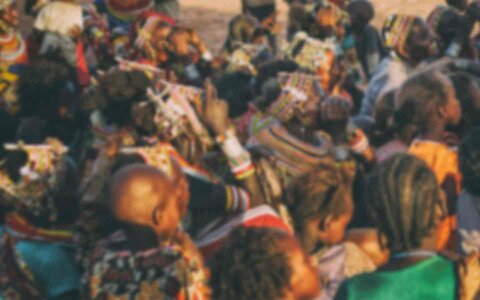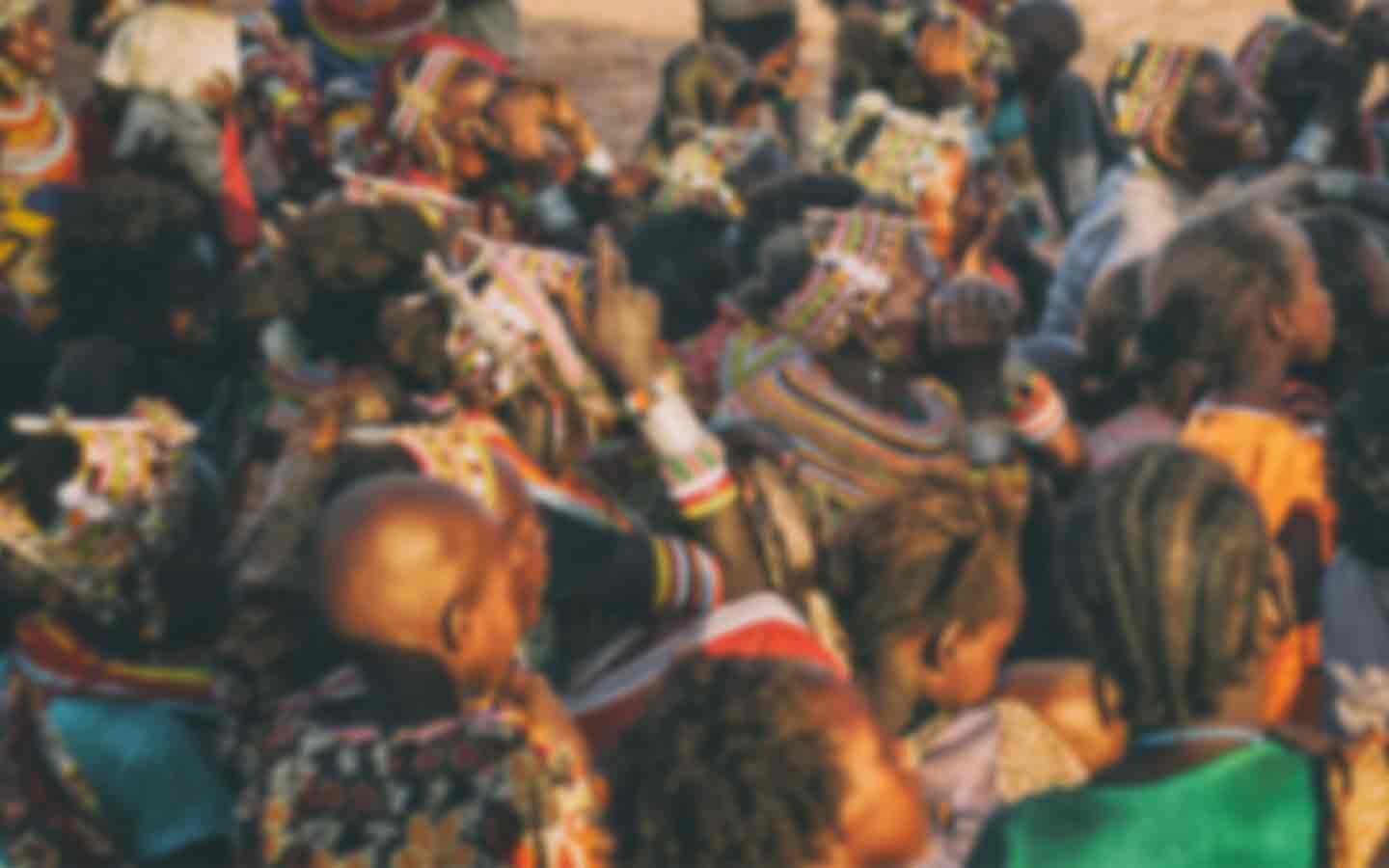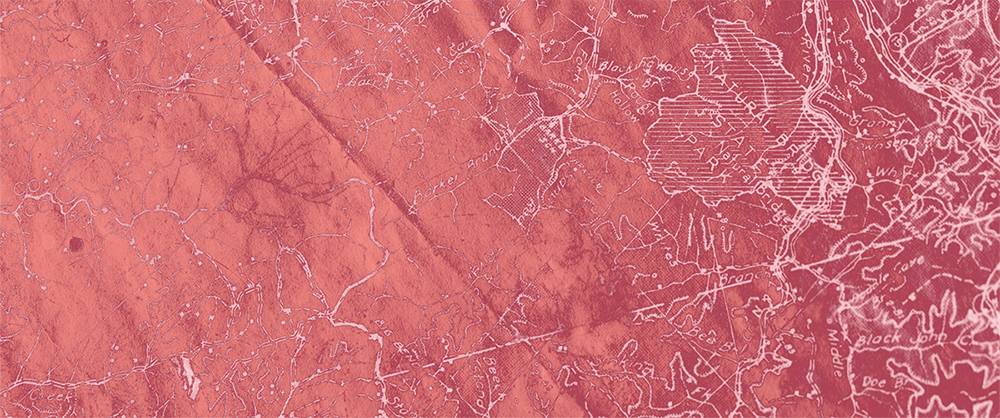RISC-SAL
Interdisciplinary Research on Natural Disasters and Climate Change: Valuing Indigenous and Local Knowledge


2024 winning project of the call "International Networks in HSS - Climate Change and Environment"
Published at 25 October 2024



